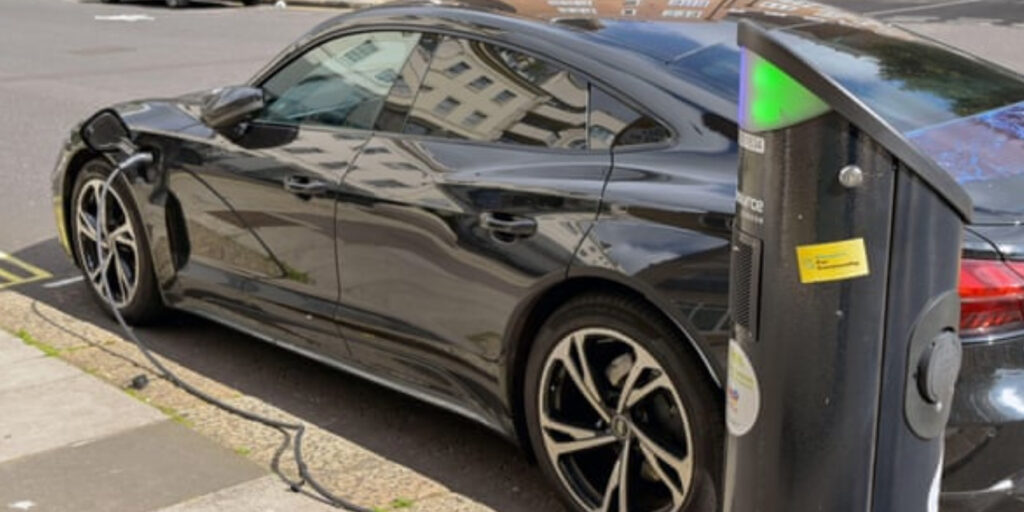Electric vehicle (EV) motorists in the UK are poised to incur an additional £85 million in VAT charges this year when utilising public charging stations, due to a VAT rate discrepancy which industry experts claim is hindering the shift from fossil fuels.
Domestic electricity consumers enjoy a reduced VAT rate of 5%, in stark contrast to the 20% rate imposed on businesses, including operators of electric car chargers. Consequently, individuals using public charging facilities are subjected to higher expenses.
Zapmap, a data firm, has estimated the aforementioned extra cost for 2025 based on prevailing usage patterns, predicting a rise to £315 million by 2030 as EVs are projected to constitute 80% of all new car sales, in line with the government’s zero-emission vehicle (ZEV) mandate.
Amid declining car market sales, the government is considering easing the ZEV mandate, with automakers suggesting that harmonising VAT rates could bolster electric car demand.
Eurig Druce, UK Managing Director for Stellantis, which owns a variety of brands from Vauxhall to Peugeot, expressed concerns about a potential two-tier motoring system disadvantaging those without personal driveways.
The FairCharge campaign has contacted Darren Jones, Treasury Chief Secretary, branding the higher charges for public charging as a “pavement tax” that impedes the transition to electric vehicles.
Quentin Willson, campaign founder and former “Top Gear” presenter, labelled the failure to equalise VAT rates between public and private chargers as a “bizarre and conspicuous policy omission.”
The campaign advocates for a reduction in VAT on public chargers as an essential step towards the UK’s electrification goals.
Despite the significant VAT burden predicted for 2025, it remains substantially lower than the £2 billion the government dedicated to maintaining a freeze on fuel duty for petrol and diesel vehicles in the recent budget—a decision that has faced significant criticism from environmental groups.
Industry leaders, such as Delvin Lane of InstaVolt and Matt Galvin of Polestar UK, have called for immediate VAT reductions to make public charging more affordable and equitable, especially for those without access to home chargers.
The Treasury has responded by highlighting the importance of the transition to electric vehicles for both environmental sustainability and economic growth, noting that its balanced fiscal strategy continues to incentivise the adoption of EVs through various tax reliefs.


